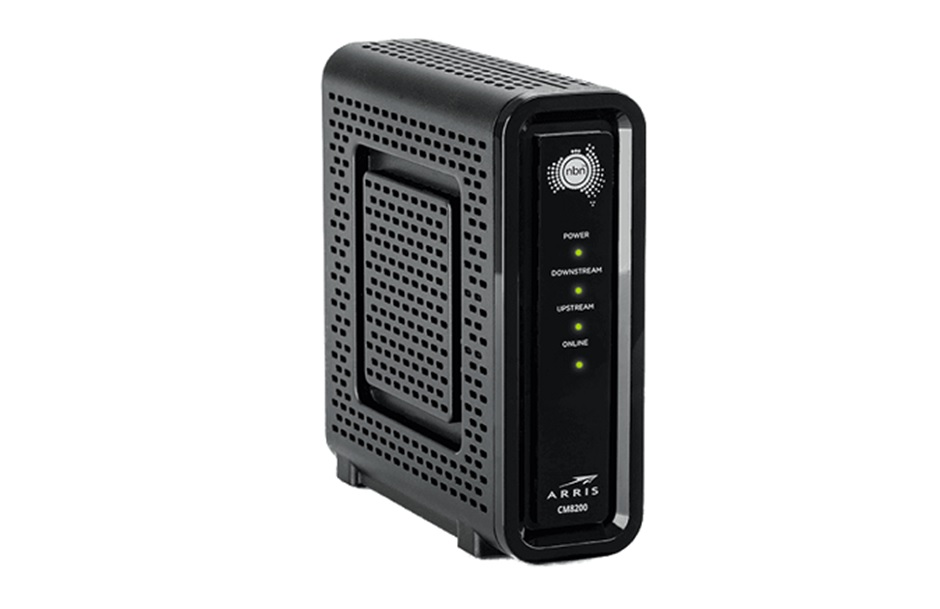
Understanding the difference between indexing and ranking is fundamental to SEO success, yet many business owners confuse these two distinct processes. This distinction is crucial for developing effective search engine optimization strategies and setting realistic expectations for website performance, whether you’re working on local efforts like Denver web development or broader digital campaigns.
Indexing: The Foundation of Search Visibility
Indexing is the process by which search engines discover, crawl, and store web pages in their databases. When Google’s bots visit your website, they analyze the content, structure, and links, then add this information to Google’s massive index. Think of indexing as getting your business listed in a phone book – it’s the first step to being found, but it doesn’t determine your position in the listings.
For a page to be indexed, search engines must first discover it through links, sitemaps, or direct submissions. The page must also be accessible, meaning it can’t be blocked by robots.txt files or noindex tags. Technical factors like site speed, mobile responsiveness, and clean code structure influence how effectively pages get indexed.
Ranking: The Competition for Visibility
Ranking occurs after indexing and determines where your pages appear in search results for specific queries. This is where the real competition happens. Google’s algorithm evaluates hundreds of factors to determine which pages best answer a user’s search query, including content quality, relevance, authority, user experience signals, and technical performance.
Unlike indexing, which is binary (your page is either indexed or not), ranking is relative and constantly fluctuating. Your page might rank #1 for one keyword while being buried on page 10 for another related term.
Why This Distinction Matters for Business Owners
Many businesses panic when they don’t immediately see their new website ranking high in search results, not realizing that indexing comes first. A common misconception is that being indexed guarantees good rankings – this is like assuming that being listed in the phone book means you’ll be the first business people call.
Understanding this difference helps set realistic expectations and informs strategic decisions. If your pages aren’t indexed, you need to focus on technical SEO, site structure, and ensuring search engines can find and crawl your content. If your pages are indexed but ranking poorly, you need to improve content quality, build authority, and optimize for user intent.
Practical Implications for SEO Strategy
Successful SEO requires a two-phase approach. First, ensure comprehensive indexing by creating XML sitemaps, building internal link structures, and maintaining technical site health. Tools like Google Search Console help monitor indexing status and identify crawl issues.
Second, focus on ranking factors like creating high-quality, relevant content that matches user intent, building authoritative backlinks, optimizing page experience signals, and maintaining consistent optimization efforts. Remember that ranking is an ongoing process requiring continuous attention and adjustment.
The indexing vs. ranking distinction ultimately helps businesses understand that search engine optimization is a sequential process – you must first be found before you can compete for visibility, and visibility requires sustained effort across multiple optimization dimensions.
How do I know if my website is indexed?
You can use Google Search Console or search site:yourdomain.com in Google to see if your pages are indexed.
Why is my site indexed but not ranking well?
Indexing only makes your site eligible to appear. To rank higher, you need strong, relevant content, authoritative backlinks, and good technical SEO.
How long does it take to see ranking improvements after indexing?
Ranking improvements vary. It can take weeks or months depending on competition, content quality, and ongoing optimization efforts.


